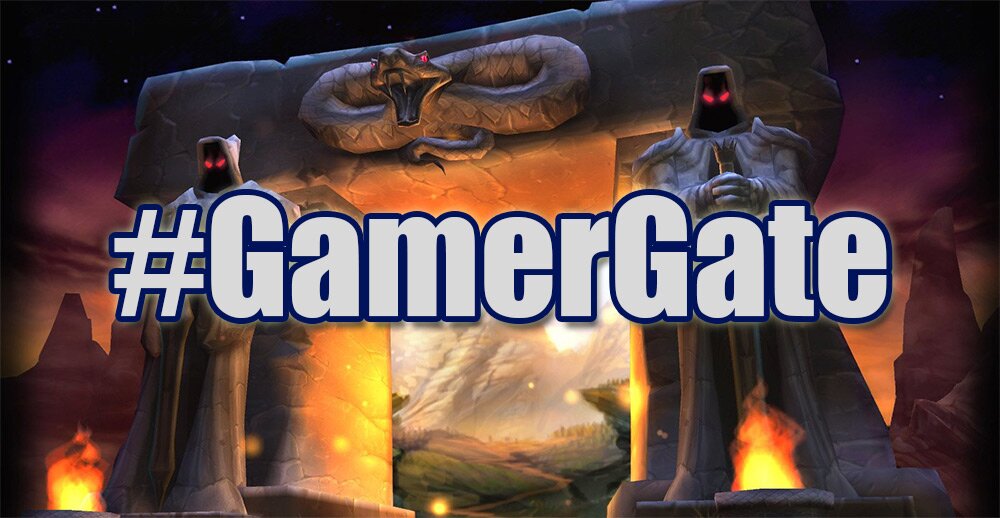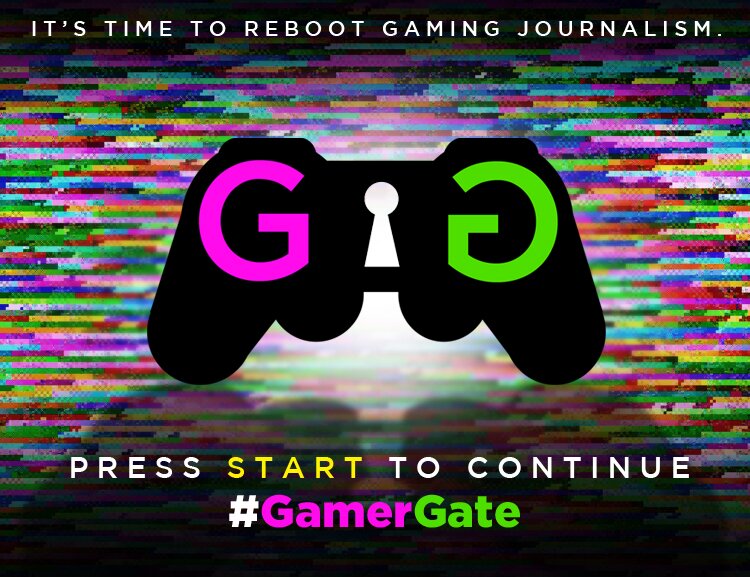Video game journalism needs an overhaul. It has been a long time coming, and sadly it took the people I respected most to make me realise this.
But who am I to pass judgement? I’m just a random 22 year old, from the inner-west of Sydney.
But, I am a gamer.
I’m someone who has seen the shift in the community from whispers and rumours on the playground, to the open forum of the internet. I was first introduced to video-games at a young age as a means to distract me from my fear of a dog at my dad’s colleague’s home. I was handed a SNES controller and for the entirety of the day played Super Mario Land, from then on, I never put the controller down.
My passion and love for the medium blossomed to the point where I’d pretend to be sick to stay home from school to play Spyro the Dragon on the PlayStation 1’s bundled demo disc. Or I’d secretly play Pokemon Gold under my covers at night with a torch in my mouth, barely seeing the sprites scrolling on screen.
Hundreds of thousands of others stood up to the industry, as the gaming community at large said no to the current state of gaming journalism and media.
It’s the hours spent in front of the television, arched over a keyboard or in the back seat of the family car that has created my love for gaming. As I’ve grown up I’ve become further involved with the community. I’ve attended cons, gone to meet-ups, joined chat rooms, and written essay after essay at university about gaming. I have dedicated my future to this industry.
As you grow up you’re constantly told by others that playing games is wrong. That “if you play for too long it will make your eyes go bad”, that I should “grow up” because “I’m not a child anymore”, that playing violent games will make me violent.
Now, according the industry that I love, “I am a disgusting representation of the gaming community.”
When the industry I am striving to become a part of is calling its audience names such as “basement dwelling children” and “misogynist white male”, labelling them as the problem at the heart of the gaming community, it becomes very disheartening to tell anyone I want to become a video-games journalist.
I’m not the only one who feels this way. Hundreds of thousands of others stood up to the industry, as the gaming community at large said no to the current state of gaming journalism and media.
GamerGate was born.
The events started in August, when indie game developer Zoe Quinn was accused by an ex-boyfriend of allegedly having an affair with one of the writers for prominent gaming site Kotaku, to supposedly propel her originally failed game Depression Quest to greater popularity and garner new support for the project.
Quinn was then supposedly involved when an IndieGoGo campaign by the Fine Young Capitalists was hacked and shut down. The campaign was for a game jam where five women with next to no programming skills would create a concept for a game and work with programmers to have it made. If the game proved popular with the online audience, it would then be released with proceeds going to a charity supporting women in the games industry. The alleged reasoning for the hacking of the site was to promote Quinn’s own similar game jam ‘Rebel Jam’ which is still being developed.
Video game award panels IndieCade and the Independent Games Festival (IGF) lost validity after it was revealed there were multiple conflicts-of-interest with the winners, as two of the judges were previous partners of an IndieCade winner. Seven judges from the IGF had also invested money towards a project of one of the IGF winners.
The personal attacks and privacy violations have nothing to do with the core reason for GamerGate’s existence.
Gamers turned to online forums like Reddit, 4chan, and NeoGAF to talk about the events in progress, but they were interrupted by the mass deletion of comments and posts relating to certain personalities. Users began digging, and found that Quinn appeared to have called in a favour from a friend, who operates as a moderator on some of these sites.
She has also allegedly used copyright clauses to have articles that denounced her behaviour taken down. Respected internet critic TotalBiscuit said, “Using the DMCA to take down criticism of your product is a terrible idea and is unethical, if not in many cases flat-out illegal. Don’t ever fucking do this. The Streisand effect is real and even if it isn’t, you don’t get to run around using copyright law to censor people”. This led to a backlash against TotalBiscuit from not only Quinn herself, but from outspoken gaming developer Phil Fish who used playground slander to degrade the validity of TotalBiscuit’s opinion.
The breaking point came on August 28th, when 14 articles were published to popular gaming websites, all musing that the “Gamer is Dead”. Sites like Gamasutra, Kotaku, Polygon, and The Daily Beast willingly let staff post articles that blatantly attacked the audience they have built for years. The years of progress that gaming culture had made were washed away.
As a gamer I was told to be embarrassed of what I loved, of the experiences I had felt in the past, the people I had met through my passion; that the memories of staying up all night for that final achievement were a disgrace, because the industry would no longer cater to me.
The years it took to not feel embarrassed to pull out my 3DS while travelling on public transport were tainted. The bullies of the playground were back – and they were people I looked up to.
GamerGate was born out of frustration. It’s not about gender or race in gaming. It’s about keeping video games about video games. It’s to ask for reform, to have Journalistic integrity.
In the days and weeks following, others have used this issue to further their own horrible views. The personal attacks and privacy violations have nothing to do with the core reason for GamerGate’s existence.
As a consumer what do I want to see on gaming sites? For me its release dates and press releases, new DLC and previews of what’s to come. It’s acquisitions of companies and new technology, from time to time its sales figures but without all the factual regurgitation of press releases. I want unbiased opinion pieces, reviews and analysis.
Games journalism falls into an interesting category because most writers are purely talking about opinion. Sure, they have many roles, sure it’s nice to know about the specs of a game and how many frames it runs on console in comparison to PC, but it’s really the opinion pieces that the community seeks out. That way we get a real sense of what the game feels like. Because of this, we have no choice but to trust them.
Games journalists need to become aware of the difference between networking and friendship.
The trust is developed because the consumer sees themselves in the writer – the passion and love that they share for games or the disgust at poorly textured environments of others. Video games journalism has always been incredibly unique because of the amount of personality one is allowed to reflect into their writing.
I learned this year’s ago as a teenager when I’d stay up late on GamesRadar and read top 7 lists or when I’d rush home from the news agency to read Official Nintendo Magazine cover to cover because of the expression, humour and personality that makes the consumer trust the writer.
However, it seems like for years we’ve heard stories of corruption and bribes within the concentrated, insular world that is games media. Last year reports were leaked by an anonymous ex-employee of ‘IGN’ that companies were paying the site behind closed doors to give their games higher scores to push success.
When that trust is broken, and those speaking against it are criticised by the few powerful voices in the gaming community, it only results in regression. If you are a journalist and you back a fundraiser of a particular game: do not report on it at your place of work. If you are an awards judge and you’ve had personal or professional relationships with those you are judging: resign from the post. Games journalists need to become aware of the difference between networking and friendship.
Reform is already upon us, both The Escapist and Kotaku have created stronger guidelines that there journalists must follow to help guide journalistic integrity. The fact that these issues have been addressed by these flagship sites makes it obvious that this situation is being taken seriously in the right circles, and that the overall effect on the gaming community will be massive.
I am not your shield. I come to your websites because of our shared passion. I read your blogs because I respect your opinion. I comment on your reviews to be a part of this amazing community.
I am a gamer.


















1 Comment
Thanks for the great article